The OPUS project is implemented by
an eighteen-organisations consortium led by The Oceanic Platform of the Canary Islands (PLOCAN).
All 18 organisations implementing the OPUS project are active at the European level spanning the whole spectrum of Open Science, including open access, inclusion, fairness, equity, and sharing.

The Oceanic Platform of the Canary Islands (PLOCAN) is coordinator of the OPUS Project. PLOCAN is a Research Infrastructure (RI) labeled by the ICTS (Unique Scientific and Technological Infrastructure) Spanish National Roadmap, co-funded by the Ministry of Science, Innovation and Universities of the Spanish government and the Canary Islands government and by the European Regional Development Fund (ERDF) under the Operational Programme of the Canary Islands.
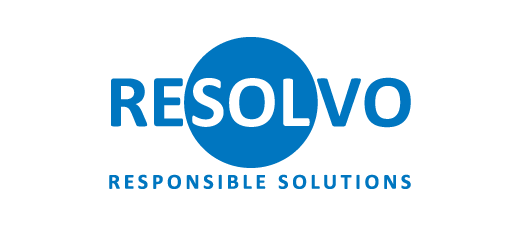
Resolvo is leader of OPUS Work Package 1: State-of-the-Art on an Open Science Ecosystem.
Resolvo works with public and private entities to develop and manage EU funded cooperation projects. Resolvo also provides technical Assistance, programme and project proposal evaluation for European Territorial Cooperation Programmes. At local and national level, Resolvo supports companies and research institutes in accessing funds for research and innovation. Resolvo is an expert in the practical roll out of the various elements of responsible innovation and corporate digital responsibility.
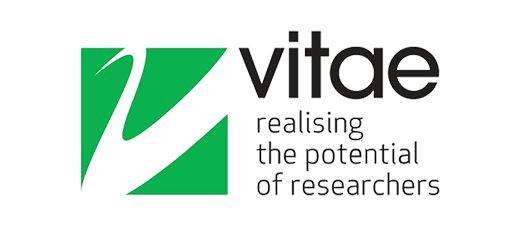
CAREERS RESEARCH AND ADVISORY CENTRE (CRAC) – VITAE is the leader od the OPUS Work Package 2: Interventions for Open Science (Rewards and Incentives for Researchers).
Vitae is the global leader in supporting the professional development of researchers, experienced in working with institutions as they strive for research excellence, innovation and impact. They are a non-profit programme, part of the Careers Research & Advisory Centre (CRAC) Ltd, with over 50 years of experience in enhancing the skills of researchers.
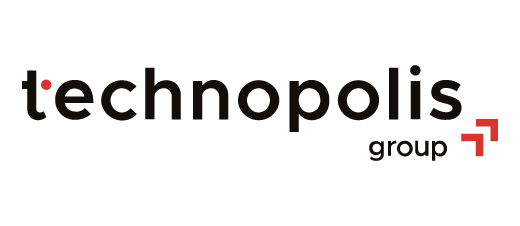
The Technopolis Group, Belgium, is leader of the OPUS Work Package 3: Indicators and Metrics for Open Science (Rewards and incentives for Researchers).
The Technopolis Group is an international policy consultancy company specialising in policy advice and analysis, evaluation and impact assessment for policies and programmes at the international, national and regional levels. Technopolis Group started as a consultancy firm for the evaluation of science, technology and innovation. Their experts provide strategy and foresight, manage networks and provide project management support for even the most complex projects.
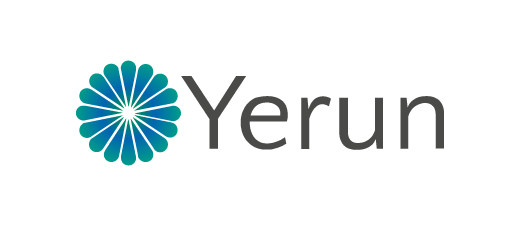
The Young European Research Universities Network (YERUN) is leader of the OPUS Work Package 4: Pilots to Implement and Monitor Open Science. YERUN, founded in 2016, brings together like-minded young research universities in Europe, with the primary objective of raising the voice of young universities in Europe via a dedicated strategic representation and lobbying action and strengthening their cooperation, maximising opportunities to collaborate in areas of mutual interest and benefit.
YERUN shapes a higher education environment where young universities have a true impact on the role and nature of academic pursuit, by being inclusive, responsible, open and innovative, and by enabling talent to grow in all its dimensions.

The United Nations Educational, Scientific and Cultural Organization (UNESCO) is the leader od the OPUS Work Package 5: Policy Briefs on Open Science. UNESCO is a specialised agency of the United Nations aimed at promoting world peace and security through international cooperation in education, arts, sciences and culture.
The UNESCO Recommendation on Open Science provides an international framework for open science policy and practice that recognizes disciplinary and regional differences in open science perspectives. It takes into account academic freedom, gender-transformative approaches and the specific challenges of scientists and other open science actors in different countries and in particular in developing countries, and contributes to reducing the digital, technological and knowledge divides existing between and within countries.
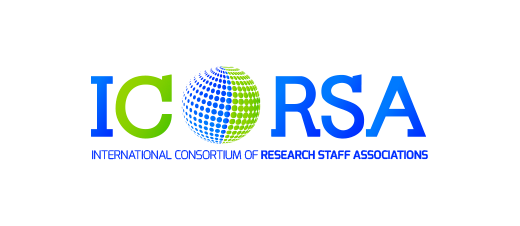
The International Consortium of Research Staff Associations (ICoRSA) is the leader of the OPUS Work Package 7: Dissemination, Communication, and Exploitation. ICoRSA is one of the 3 researcher organisation partners that will further build on current work in relation to research careers, research precarity, and research(er) assessment.
ICoRSA is an umbrella organisation for researchers and research staff associations, consisting and representing the interests of a variety of associations and organisations that in themselves represent the interests of their members.
ICoRSA represents early stage researchers, post-docs to senior researchers.
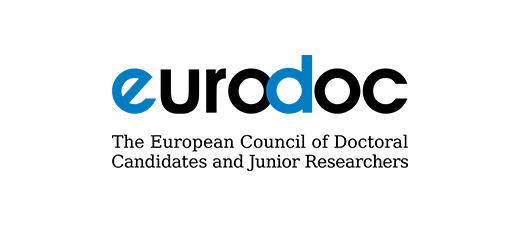
LE CONSEIL EUROPEEN DES DOCTORANTS ET JEUNES DOCTEURS (EURODOC), European Council of Doctoral Candidates and Junior Researchers is one of the 3 researcher organisation partners that will further build on current work in relation to research careers, research precarity, and research(er) assessment.
Eurodoc is the European Council of Doctoral Candidates and Junior Researchers. It is an international federation of 26 national organisations of PhD candidates, and more generally of junior researchers from 24 countries of the European Union and the Council of Europe.
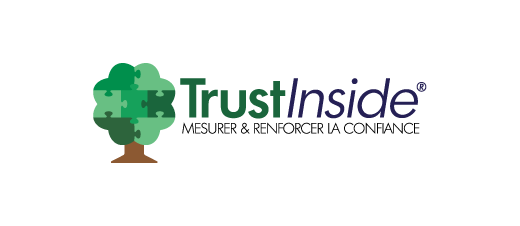
TrustInside is one of our consultancy partners that will further tailor education and training sessions for the pilot RPOs and RFOs to help them build trust and drive the uptake of Open Science among their researchers and in their institutions.
TrustInside® helps measure and reinforce trust in an objective and tangible manner: It allows to identify the thrusts of progression, individual or small group (executive board, project team), or even large collective (company, institution, country)
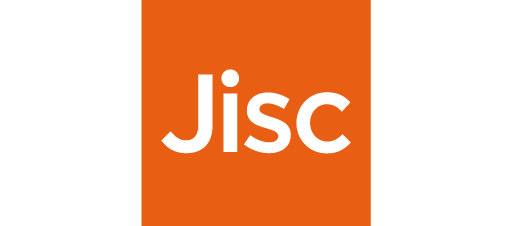
JISC is one of the capacity-building experts in OPUS, that works on building the interventions, indicators and metrics based on the state-of-the-art.
JISC is a research support and infrastructure organisation, the UK higher, further education, and skills sectors’ not-for-profit organisation for digital services and solutions. They champion the importance and potential of digital technologies for education and research.
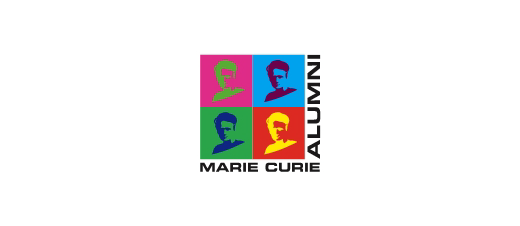
MARIE CURIE ALUMNI ASSOCIATION (MCAA) is one of the 3 researcher organisation partners that will further build on current work in relation to research careers, research precarity, and research(er) assessment.
The MCAA is an international non-profit organization established and supported by the European Commission, but entirely run by volunteer members and with a bottom-up approach at its core. The vibrant MCAA community brings together all career stages from all scientific disciplines, encouraging networking and cooperation, making the MCAA a forum of debate between researchers and with the society.

Universidade NOVA de Lisboa (UNL) – Nova University Lisbon is one of the 3 pilot RPOs where OPUS will test interventions and indicators and metrics for Open Science.
Universidade NOVA de Lisboa, as a public higher education institution, has a mission to serve society at the local, regional and global level, through the progress and dissemination of knowledge and understanding between cultures, societies, and people, by way of teaching and research of excellence and of a provision of services based on a strong sense of community.

The University of Rijeka (UNIRI) is one of the 3 pilot RPOs where OPUS will test interventions, indicators, and metrics for Open Science.
Founded in 1973, the University of Rijeka has matured into a modern European university and a centre of excellence whose impact extends beyond the region. It is a research, science, and education-oriented university that supports social and economic development in its community and the wider region.
It is the first university in Croatia to be assigned the “HR Excellence in Research Award” in 2010 while in 2021 the Open Science Policy of the University of Rijeka was adopted and the University signed The Declaration on Research Assessment (DORA).

University of Cyprus (UCY) is one of the 3 pilot RPOs where OPUS will test interventions and indicators and metrics for Open Science.
The University of Cyprus is a public research university established in Cyprus in 1989. It admitted its first students in 1992 and has approximately 7000 students.

The Research Council of Lithuania (RCL) is one of the 2 pilot RFOs where OPUS will test interventions and indicators and metrics for Open Science.
The Research Council of Lithuania has been founded in 1991 to fulfill the role of an expert institution tackling challenges of science development on a national level. The Council is a counselor of the Lithuanian Parliament and the Government on research and researchers training issues, implements programme-based competitive funding of research, administers most important Lithuanian science development programmes, evaluates research performance, and represents Lithuanian science in various European institutions and other international organisations.
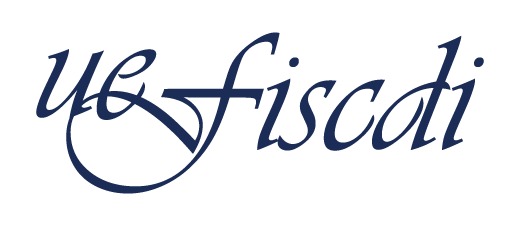
Unitatea Executiva Pentru Finantarea Invatamantului Superior a Cercetarii Dezvoltarii si Inovarii (UEFISCDI) is one of the 2 pilot RFOs where OPUS will test interventions and indicators and metrics for Open Science.
The Executive Agency for Higher Education, Research, Development and Innovation Funding (UEFISCDI) is a public entity of the Central Administration under the ultimate authority of the Ministry of Education. UEFISCDI is the Romanian main funder of competitive research, at the national level being the catalyzer for the Romanian research and innovation community involving in its activities all categories of stakeholders. At the international level, UEFISCDI is recognized for the implementation of many EU and global projects, aiming to achieve quality, leadership, and institutional development in the higher education, research and innovation area, being also the main promoter of Open Science in Romania.

Vilnius University (Vilniaus universitetas – VU) is our gender equality partner which ensures gender equality perspective for the project.
Vilnius University is a public research university, which is the oldest university in the Baltic states, and one of the oldest and most famous in Northern Europe. Today it is Lithuania’s leading academic institution, ranked among the top 400 universities worldwide.
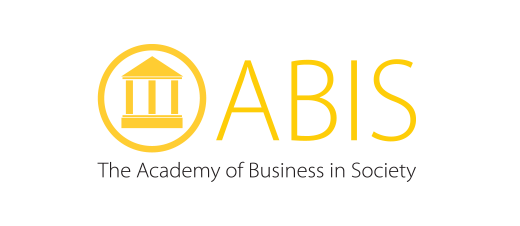
The Academy of Business In Society (ABIS) is our industry partner which will ensure the industry perspective for the project.
ABIS – The Academy of Business in Society is a global network of over 100 companies and academic institutions whose expertise, commitment, and resources are leveraged to invest in a more sustainable future for business in society. ABIS’ mission is to advance the role of business in society through research and education.

